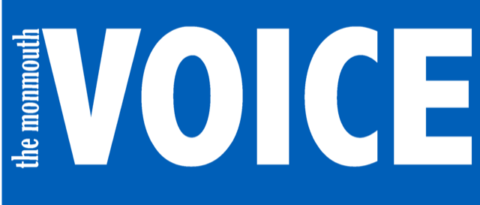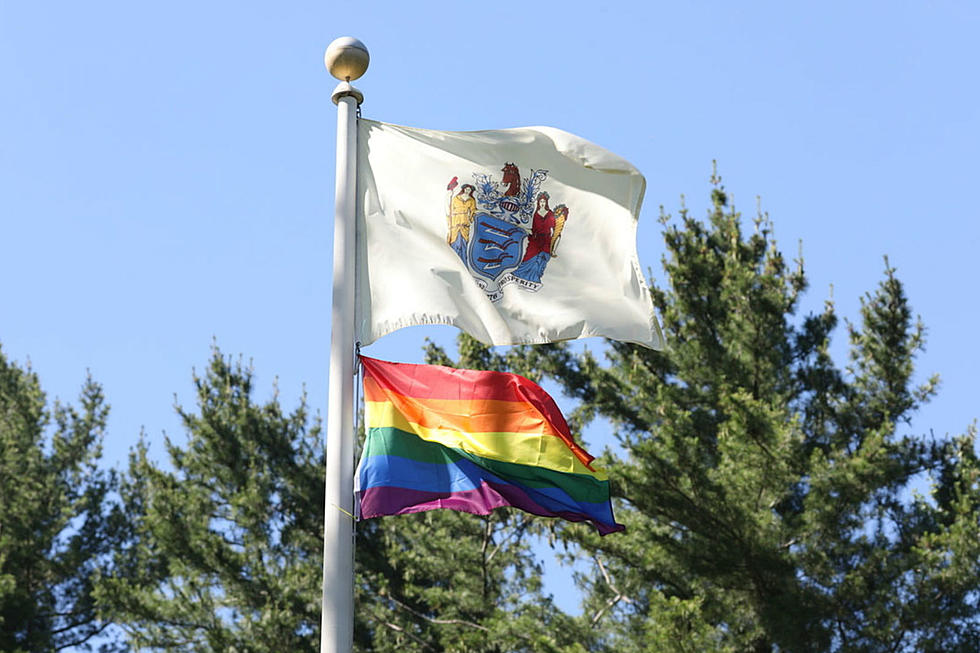By Lauren Albrecht
In 2019, New Jersey became the first US state to pass legislation that requires, among other measures, public school curriculum to include the history and contributions of LGBTQ people in all subjects. This law has required first that our teachers do some learning about a group of people that comprise, conservatively estimating, 6% of the total US population but whose identities and sometimes, contributions, have suffered erasure in America. This law aims to practice intentional inclusivity by mainstreaming same sex parent couples into discussions about families, highlighting important parts of LGBTQ history and historical figures, such as Stonewall and Harvey Milk, and intentionally including real-life role models that happen to be LGBTQ in lessons on arts, history and politics.
Inclusive curriculum has become a tool that some politicians use in their campaigning to disenfranchise voters from the truth of inclusive curriculum. When inclusive curriculum is weaponized, it’s communicated with intentional disinformation intended to rile up a base that isn’t hearing the facts. And that’s a disservice to NJ’s students, educators and the overwhelming majority of legislators, from both major political parties, who voted in favor of passing this bill.
Inclusive curriculum prepares all students, not just the LGBTQ students, to embrace and communicate with the incredible spectrum of diverse humanity. For LGBTQ students, who exist often silently for fear of alienation or violence, inclusive curriculum saves lives. It models for LGBTQ students that success and happiness are possible for everyone.
What LGBTQ inclusive curriculum does not do is to teach children that they have to be LGBTQ if they’re not. Inclusive curriculum doesn’t introduce children to concepts that are fantastic or nonsensical. LGBTQ inclusive curriculum does not teach the mechanics of any type of sexual practice.
Combatting misinformation by having conversations between neighbors that forge genuine understanding and connection are integral to the success of LGBTQ inclusive curriculum, and LGBTQ kids. Many resources exist for New Jerseyans to receive accurate information about the intent, scope and practice of LGBTQ inclusive curriculum and hopefully anyone reading this will seek these from the sources who write and teach the inclusive curriculum program, rather than absorbing the disinformation campaigns perpetrated by people trying to gain votes by demonizing 6% of our American population.
LGBTQ-Inclusive Lessons and Resources Come to New Jersey Public Schools












